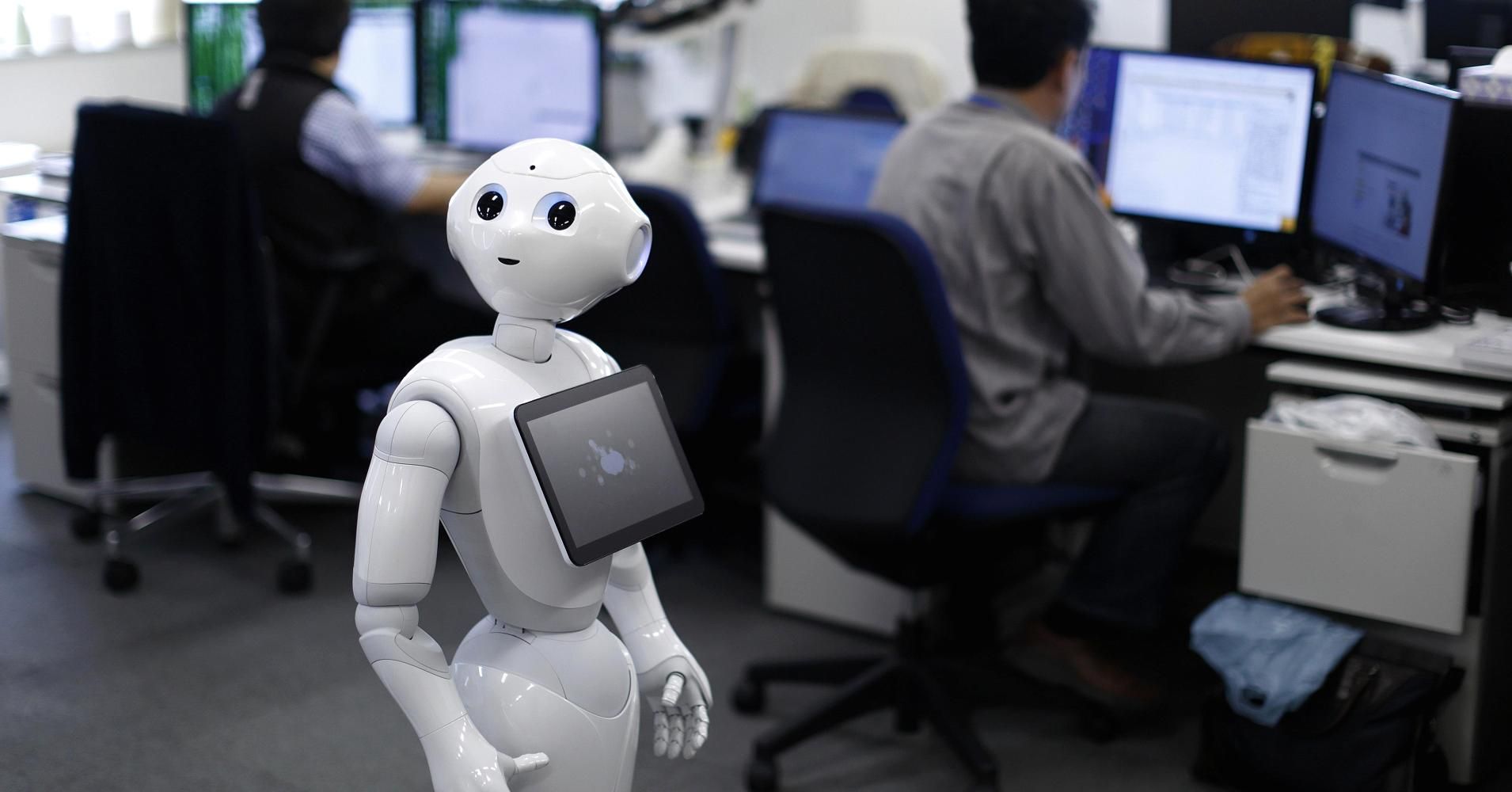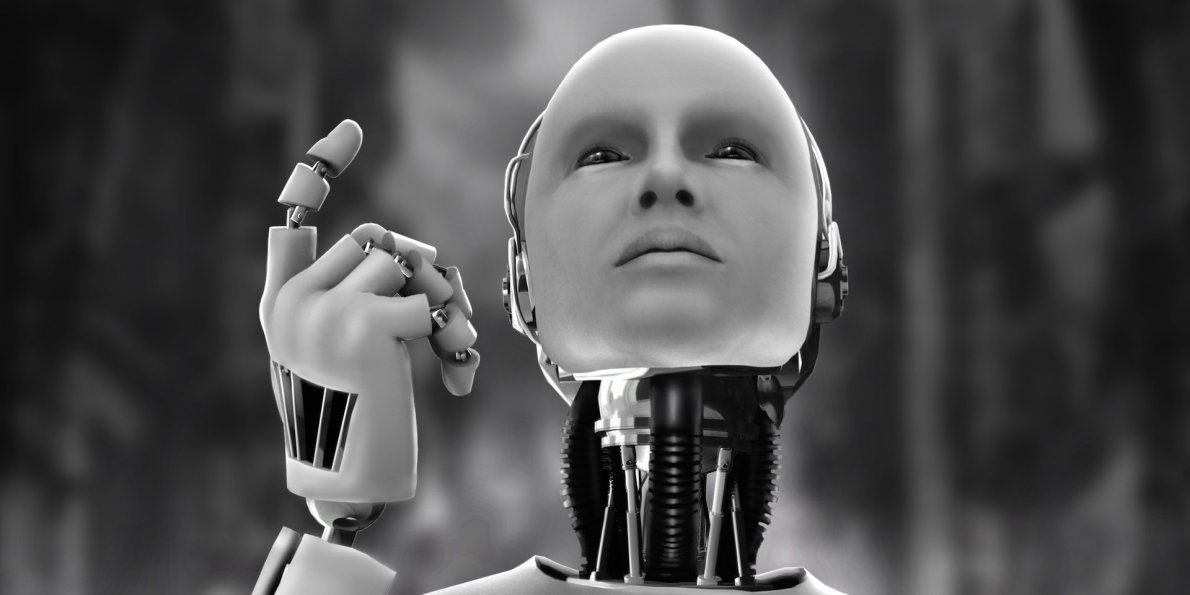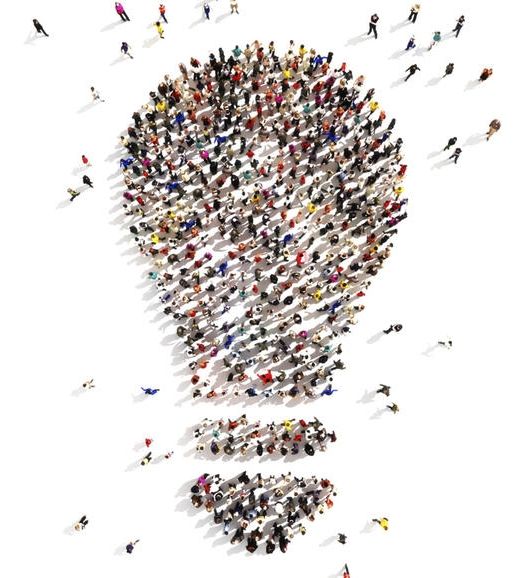Jan 24, 2016
The World Economic Forum On The Future Of Jobs
Posted by Aleksandar Vukovic in categories: 3D printing, biotech/medical, economics, employment, genetics, nanotechnology, robotics/AI
“According to many industry observers, we are today on the cusp of a Fourth Industrial Revolution. Developments in previously disjointed fields such as artificial intelligence and machine learning, robotics, nanotechnology, 3D printing and genetics and biotechnology are all building on and amplifying one another…”
The World Economic Forum (WEF) published an analysis today on the technological and sociological drivers of employment.
The report, titled The Future of Jobs, validates the accelerating impact of technology on global employment trends, and also highlights serious concerns that job growth in certain industries is still very much outpaced by large scale declines in other industries.
Continue reading “The World Economic Forum On The Future Of Jobs” »

















